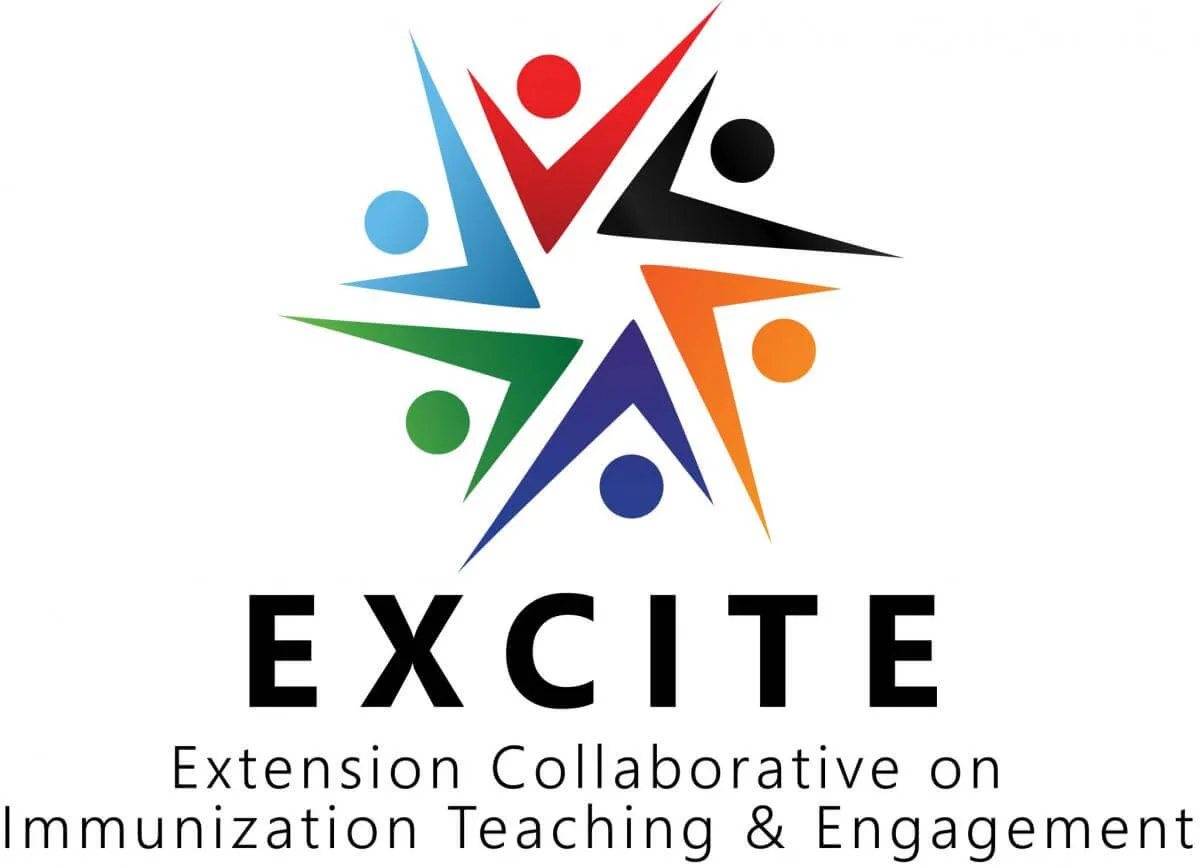Burlington--A national immunization education program will help provide vaccine information and outreach to rural or medically underserved populations, including migrant and seasonal agricultural workers in Vermont.
The Extension Foundation, in cooperation with the Extension Committee on Organization and Policy (ECOP), recently awarded $224,178 to University of Vermont (UVM) Extension. The funding, provided through its Extension Collaborative on Immunization Teaching and Engagement (EXCITE) immunization education program, will be used to enhance vaccine education efforts and address vaccine hesitancy among the agricultural community with emphasis on farmworkers in Bennington, Caledonia, Essex, Franklin, Orleans, Windham and Windsor Counties.
Through the EXCITE program, 72 land-grant institutions, representing all regions of the U.S., received funding to develop a Vaccinate with Confidence communications campaign. UVM, along with 23 other recipients, was awarded additional funding for adult immunization education pilot projects.
The projects will be led by Naomi Wolcott-MacCausland, migrant health coordinator for UVM Extension's Bridges to Health program, and Sarah Kleinman, director of 4-H and UVM Extension family and farmworker education programs, along with a team of Extension colleagues. Partners include the Vermont Department of Health, UVM College of Nursing and Health Sciences, the Robert Larner College of Medicine and the UVM Medical Center.
"The Vermont farm labor force is generally comprised of Latino migrant farmworkers, Jamaican short-term contracted workers and white, non-Latino domestic workers, both paid workers and unpaid farm owners and family members," notes Wolcott-MacCausland. "Latino and Jamaican farmworkers in particular face unique and significant barriers, concerns and hesitancies related to accessing health care services inclusive of recommended adult immunizations."
Among these are cultural and geographic isolation, lack of transportation, concerns over cost of services and missed work time, limited exposure to the U.S. medical system and inflexible work schedules, making it difficult to go to medical appointments. These workers often lack access to, or have limited use of, email so navigating online health registration systems can be a challenge. Latino workers living in communities along the Canadian border also fear risk of deportation or detention when leaving the farm.
The EXCITE funding will enable UVM Extension to launch an educational campaign in Spanish and English to share information and resources on COVID-19 and other adult immunizations and related health benefits. WhatsApp, a web-based messaging tool and primary communication method for the target population, will be used to help farmworkers access health care resources and referrals.
"We will build upon a current partnership with the Vermont Department of Health and Larner College of Medicine, offering on-farm health clinics where community health workers will engage one-on-one with farmworkers to support adult immunizations and address vaccine hesitancy," Wolcott-MacCausland says. "Supporting on-farm vaccination clinics has been shown to significantly reduce barriers to access for migrant and seasonal workers who live on-farm, work long hours and often do not have mobility to leave the farm and seek care."
To learn more, contact Naomi Wolcott-MacCausland at nwolcott@uvm.edu or Sarah Kleinman at sarah.kleinman@uvm.edu.
